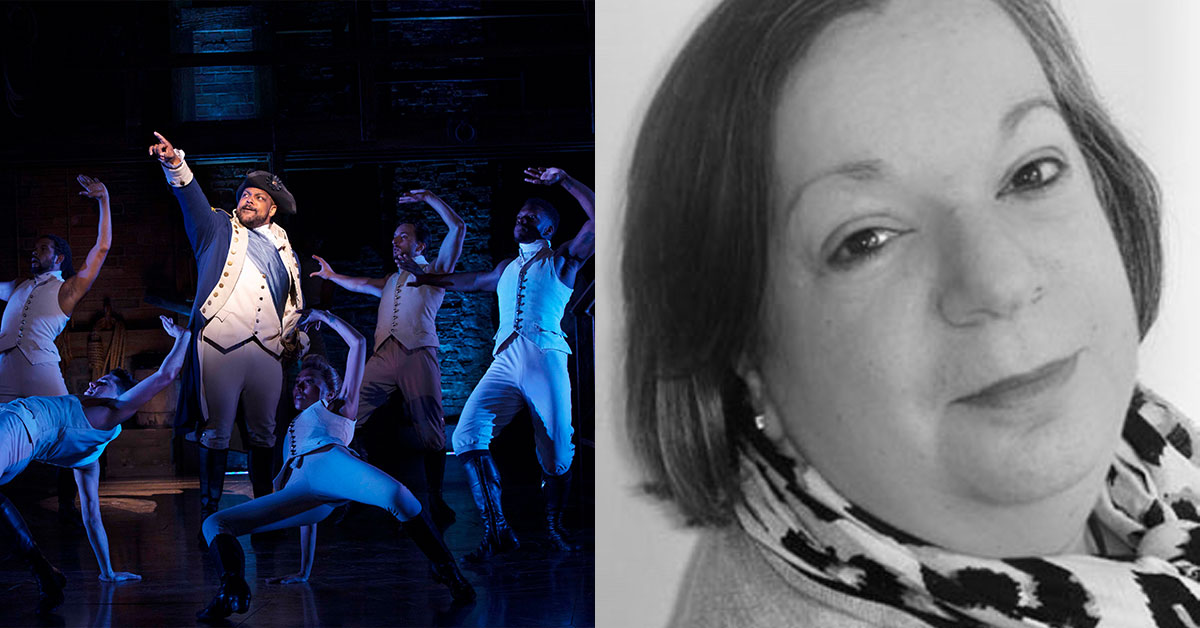Janine Shalom proved that theatre is held together by love and quiet commitment
Sarah Crompton reflects on the late publicist

The admiration and affection rippling across social media ever since the sudden death of Janine Shalom was announced on Sunday may have surprised outsiders, who didn’t know her. She was a PR. Not always the loveliest of professions. But Janine made it lovely.
You can see that in the tributes that have poured in from everyone from Sonia Friedman, a friend from way back when they were both working at the National Theatre, to Cameron Macintosh, to the broadcaster Tom Sutcliffe who concluded Monday’s Front Row on Radio 4 with the most moving and dignified of farewells.
Fellow publicists, editors, theatre-makers and critics all added their love and condolences. All have noted the same things: her passion for theatre, her knowledge, her tirelessness, her warmth, her wit. Janine herself would have been amazed.
“BeHAVE,” she would have said, her eyes twinkling, her laugh coming. She was the most self-effacing and modest of people. She was working right up until her death, bustling round the first night of Guys and Dollsat the Bridge. She had handled publicity for the theatre ever since it was founded by Nicholas Hytner and Nick Starr in 2017. Her links with Hytner stretched back to childhood when they went to the same South Manchester primary school, where she was in his younger brother’s class.

She met Starr in her early days at the National Theatre, where she joined the press office in around 1985, starting as a secretary and going on to become a key part of the formidable team under artistic directors Peter Hall, Richard Eyre and Trevor Nunn. In 1996 she left to join the Almeida Theatre, when Jonathan Kent and Ian McDiarmid were in charge.
In 2004, she joined McDonald & Rutter to set up a theatre publicity department, and when it merged with Premier two years later, she stayed running the theatre division. It always felt as if she was the theatre division. Certainly, she was the voice on the end of the telephone when you rang, the safe pair of hands who held an umbrella over you when you were interviewing someone on a red carpet, the woman you sat with on a press night or over a sandwich, exchanging news.
I first met Janine when I arrived in London, also in the mid-1980s. I was working at IPC on the South Bank, and the relative closeness of the National made the occasional lunch possible. We were bound by a Manchester heritage (although I come from north Manchester, which is a long way from south Manchester) and our love of theatre and our families. I wasn’t a close friend, but she was part of my life in a way that not many friends are.
She was always fun, full of enthusiasm. She could also be quite firm. Our last extensive interaction was over my conviction that Mark Rylance would love to talk to me about his return to Jerusalem, and her equally sure belief that he couldn’t. It was conducted over many emails and phone calls, with great good humour, but there wasn’t much doubt about who would get her way.
That was Janine’s enormous skill. She acted as the perfect bridge between the insiders of the theatre world who made the art and the outsiders who covered it. She recognised that everyone was doing their job and managed to make us all feel part of it without ever breaching a confidence or undermining anyone.
I was talking about her to her fellow publicist Chris Millard, who also worked with her at the National, and became a friend. He made the point that although Janine was unique, she was also a representative of the great band of people whose names are unknown, but whose dedication to theatre and whose belief in it as an art keeps the whole show on the road.
Thinking about that, it struck me that is something I value in theatre itself. Like Janine, I don’t come from a theatrical background, though I enjoyed the odd outing as a kid. I fell under its spell partly because of what I saw on stage, but partly too from meeting people like her who were part of a community that was somehow greater than them. They ranged from the ASMs who get the show on stage, to the theatre managers you see night after night patiently waiting for the punters to go home.
They are the fabric of theatre that is unsung and destined to blush unseen. Yet without their passion, care and devotion to an art form that can be mocked and despised, the powerful creative force that British theatre represents would struggle to emerge. They are a community bound by love and quiet commitment. Janine was one of the very best.












